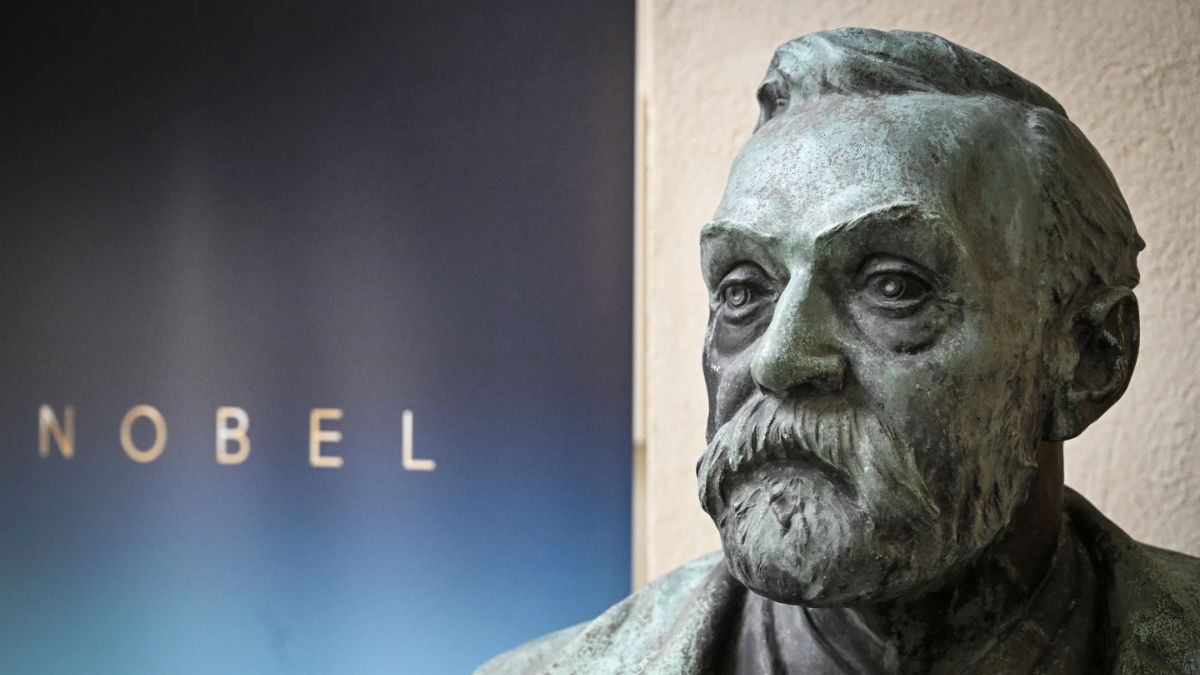The Nobel Prizes hold an extreme significance in their respective fields even today, 130 years after it were first established. It was on November 27, 1895, that Alfred Nobel, surprised everybody and dedicated the bulk of his considerable fortune to creating a series of international awards that would honour those who “conferred the greatest benefit to humankind.”
If you are a history geek who loves to learn about important events from the past, Firstpost Explainers’ ongoing series, History Today will be your one-stop destination to explore key events.
On this day in 1978, one of the most shocking incidents in the history of American politics took place when Harvey Milk and George Moscone were assassinated.
Here is all that took place on this day.
Nobel Prizes were established
One of the most prestigious recognitions in the world, the Nobel Prizes, was established on this day in 1895 for intellectual and humanitarian achievement. On this day, a Swedish chemist, engineer and industrialist Alfred Nobel, signed his final will at the Swedish–Norwegian Club in Paris. In a move that surprised even his closest associates, Nobel dedicated the bulk of his considerable fortune to creating a series of international awards that would honour those who “conferred the greatest benefit to humankind.”
Nobel’s will outlined five categories, namely, Physics, Chemistry, Physiology or Medicine, Literature, and Peace. These fields, he believed, represented the scientific, cultural, and moral pillars necessary for the progress of civilisation. The Peace Prize was singled out to be awarded by the Norwegian Parliament’s committee, while the others were entrusted to Swedish institutions such as the Royal Swedish Academy of Sciences and the Karolinska Institute.
Initially, Nobel’s will faced scepticism, legal disputes, and resistance from heirs who questioned both his intentions and the feasibility of administering such awards. It took several years of negotiations before the Nobel Foundation was formally established in 1900 to manage the funds and oversee the prize process. The first Nobel Prizes were finally awarded in 1901, fulfilling the vision Nobel set in motion on that late November day.
Over time, the prizes have grown in stature and expanded in scope. In 1968, Sweden’s central bank established the Sveriges Riksbank Prize in Economic Sciences in Memory of Alfred Nobel, often referred to as the Economics Nobel, bringing the number of annual awards to six. Today, the Nobel Prizes stand as global symbols of excellence, honouring groundbreaking discoveries, profound literary contributions, and extraordinary efforts to advance peace.
Harvey Milk and George Moscone were assassinated
The assassinations of Harvey Milk and George Moscone on this day in 1978, remain among the most shocking moments in modern American political history. Milk was the first openly gay elected official in California, while Moscone was the progressive mayor of San Francisco at the time. They were both gunned down inside San Francisco City Hall by former city supervisor Dan White.
Tensions had been simmering for months. White, a conservative former police officer and firefighter, had resigned from the Board of Supervisors but soon regretted the decision and demanded his seat back. Mayor Moscone, encouraged by Milk and others who believed White would obstruct the city’s progressive direction, decided to appoint someone else instead. Feeling betrayed and politically sidelined, White entered City Hall on the morning of November 27 through a basement window to avoid metal detectors, carrying a loaded revolver.
He first confronted Moscone in the mayor’s office. After a brief conversation, White pulled out his gun and shot Moscone multiple times at close range. He then walked to Milk’s office, requested a private meeting, and opened fire again. Milk was killed instantly.
Vigils began within hours, and that night, tens of thousands marched in a silent procession through San Francisco, holding candles to honour the slain leaders. Milk’s death, in particular, devastated the LGBTQ+ community, which had celebrated his 1977 election as a historic moment for representation and civil rights. The aftermath grew even more controversial when Dan White was convicted not of murder but of voluntary manslaughter, a verdict that sparked the “White Night Riots.”
This Day, That Year
The revised Code of Canon Law took effect from this day in 1983.
In 1919, the Treaty of Neuilly, outlining the post-World War I peace terms for Bulgaria, was signed.
With inputs from agencies
)